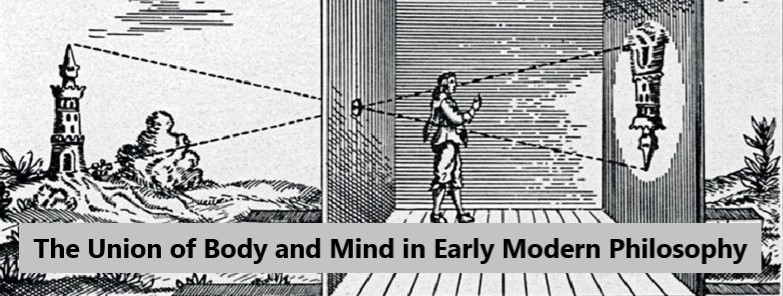Descartes philosopher of body and mind's union
DOI:
https://doi.org/10.14232/kulonbseg.2021.21.1.299Keywords:
Descartes, body, mind, early modern ageAbstract
The following thoughts are not as much about the Cartesian conception of the union between mind and body as they are about the way Descartes, in his philosophy, which he bases entirely on the distinction between res cogitans and res extensa, welcomes a datum that is not of philosophical nature but that is rather a fact attested to by the experience of everyday living. For Descartes, this « tight connection between mind and body » does not contradict the distinction of substances; not because the obviousness of what he calls « the practice of life » would come from an order of things whose natural light, that which ordinarly rules the operations of understanding, would have been taken away, but rather because the experience of everyday living has been previously validated, as if it had delegated its elucidation function to « ordinary senses and conversations ». We will seek to show that feeling (in the broad sense of the latin sensus) does not constitute an order closed in on itself in the same way as, for Pascal, the heart circumscribes an order of things specific to itself and itself only. Feeling is not a rival to understanding but a way to understand and act in a domain where man has to deal with things that are not purely intellectual but also sensory and to imply the existence of a human body surrounded by other bodies, human and not.






